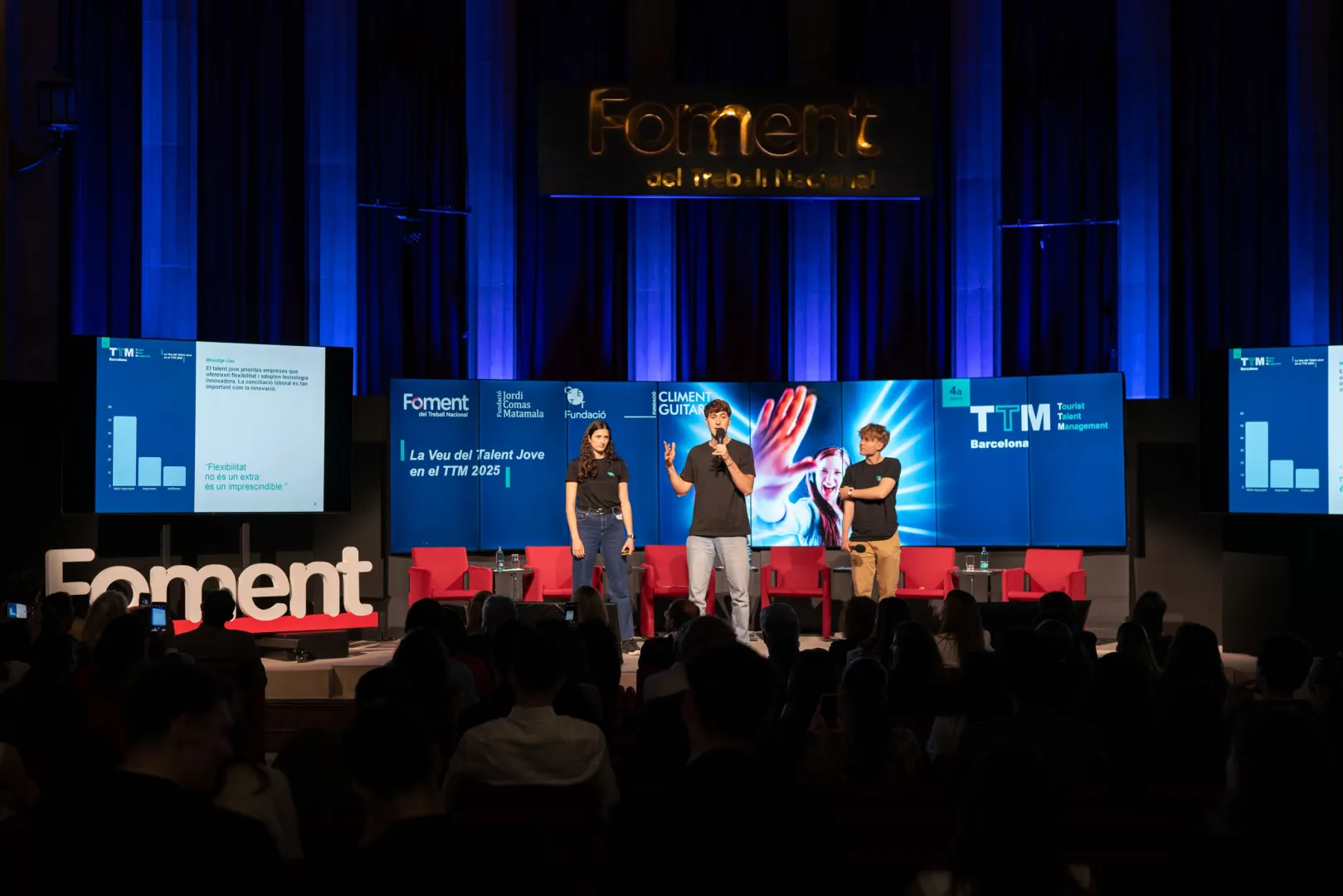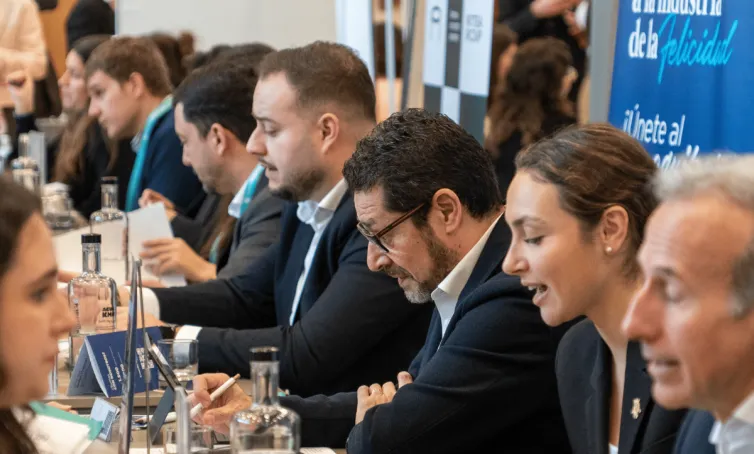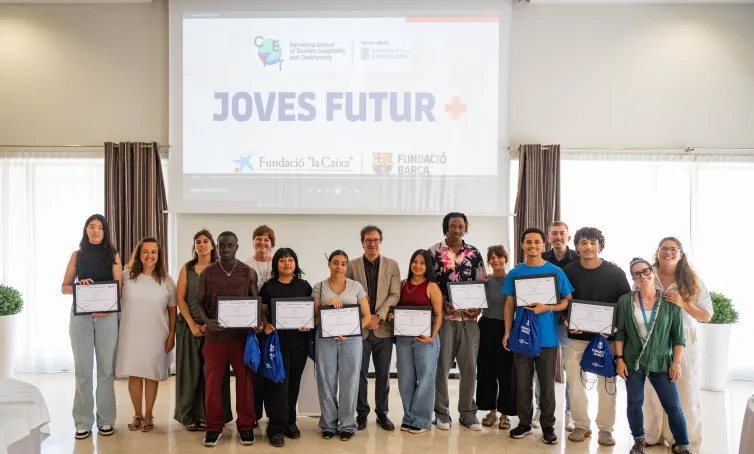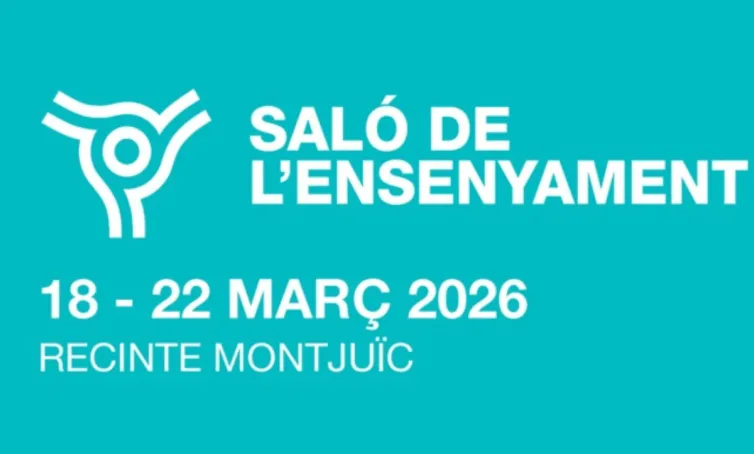More than 70% of young talent in the tourism, hospitality and gastronomy sector place working conditions and additional benefits as the key to building loyalty among the new generations

A study prepared by CETT-UB collects the needs and labor demands of young talent in the tourism, hospitality and gastronomy sector, which asks for an inspiring, sustainable and conciliatory sector with personal life.
CETT, Barcelona School of Tourism, Hospitality and Gastronomy, presents “The Voice of Young Talent”, a study that identifies the preferences, values and skills that young talent considers essential for their professional development in the tourism, hotel and gastronomy sector, presented at the 4th edition of Tourist Talent Management.
Attracting and retaining talent
The study, based on a survey with a sample of 152 current students and recent graduates of CETT, reveals that the main priority of young people is flexible hours and work-life balance (37%), followed by the need for diversity and respect (23%) and continuous training and learning (23%).
Young people are asking for work flexibility, “because flexibility is not an extra, it is a must”, a good salary, stability and opportunities for growth, common challenges with other sectors. At the same time, they regret that low salaries and schedules incompatible with personal life are currently offered. In fact, 50% of the responses show concern about the negative perception of the sector among young people.
Thus, it is concluded that, in order to retain young talent, companies must offer an environment that combines professional development with personal well-being, which is more attractive and sustainable for the new generations. Sectors should focus on improving salary conditions, offering growth opportunities and promoting a balance between work and personal life.
The role of soft skills and new technologies
Although innovation is cited as an important factor in a company, half of the participants consider that leadership and communication skills come first (48%), followed by innovation and entrepreneurship (38%) and creative problem solving (30%). It is therefore confirmed that soft skills are a determining factor.
In fact, the results show some concern about the use of new technologies. In their opinion, these should be a tool to enhance human interaction, not to replace it. Therefore, it can be affirmed that in the use of technology, the human approach is essential: “technology to automate processes, but never emotions”.
The present and future of tourism goes through Artificial Intelligence and digital platforms, which optimize the personalization and efficiency of travel, as well as the analysis of big data to anticipate needs. Training is fundamental as a means of growth, both to train talent and to respond to the realities of the sector.
Conclusions of the report
The current challenge for the sector is to find a balance between innovation and proximity so as not to lose the essence of the service. In addition to the role of technologies, building a responsible and sustainable sector must be a task shared by all the agents involved in the sector. To achieve this, the different realities and needs must be adjusted in order to consciously nurture a sector of present and future, which, in the case of tourism alone, represents 12% of Catalonia's GDP.
The CETT-UB understands tourism, hospitality and gastronomy as more than an economic activity: they are spaces of connection, creativity and social transformation. Thus, it recalls the need to bet on the generation and transfer of knowledge and synergies between academic training and the business world.
As for technology, service companies should use it as a facilitator, not as a substitute for human interaction. The key is to balance innovation and warmth, prioritizing staff training in interpersonal skills and designing tools that personalize the experience without dehumanizing it, keys that are promoted from the training at CETT-UB.
Along these lines, the report ends with a series of recommendations from the youth to the business world:
-
Revise working conditions to attract and retain talent.
-
Adopt work flexibility and work-life balance policies.
-
Develop continuous training and internal growth programs
-
Apply technology in a humane and meaningful way



